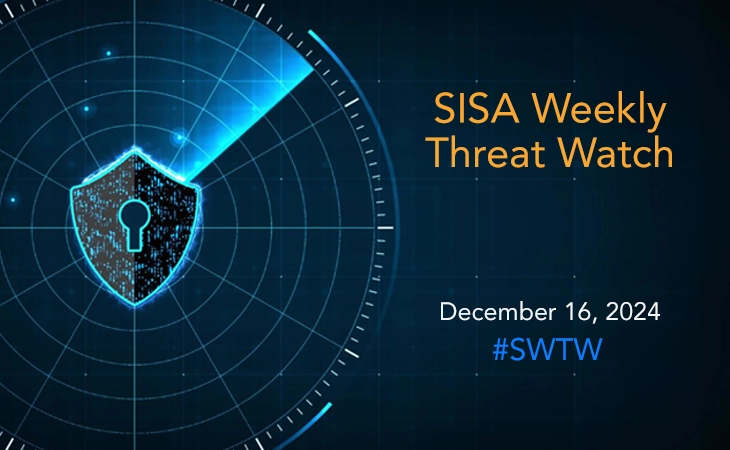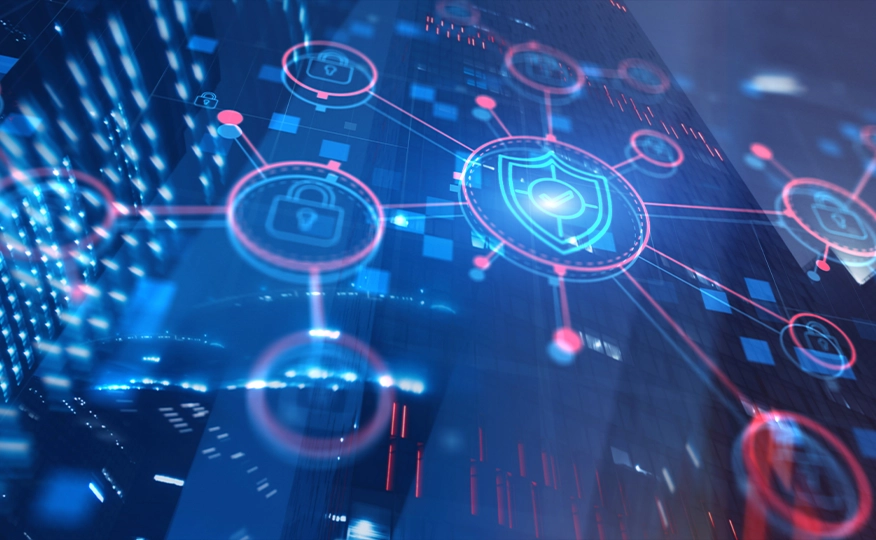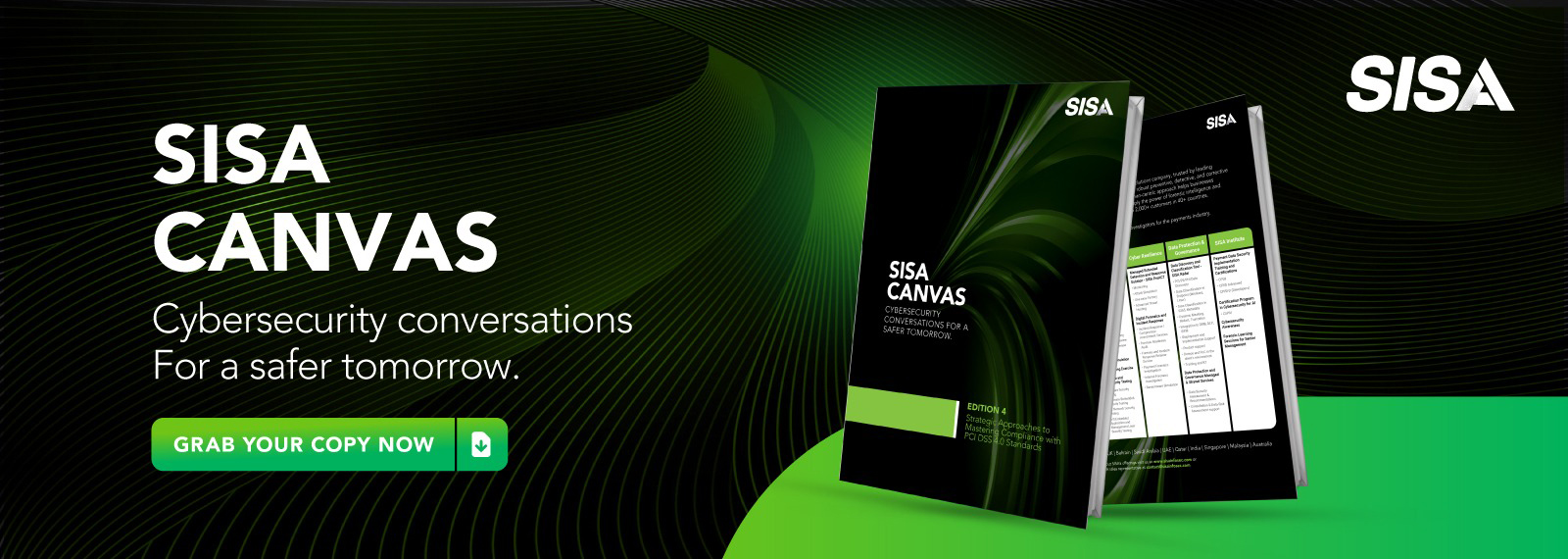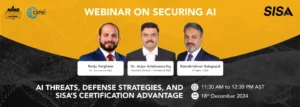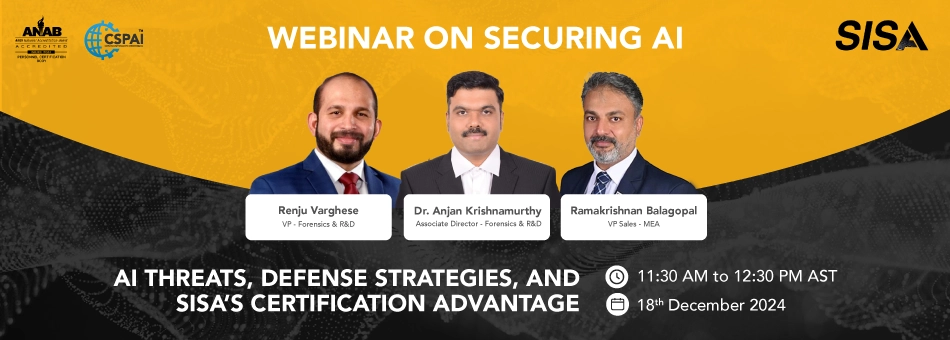
Top 3 Cybersecurity Courses You Can Enroll In 2024
As the cybersecurity landscape continues to evolve, the rise in cyberattacks has created an urgent demand for skilled professionals who can protect organizations from increasingly sophisticated threats. Data breaches, ransomware, and other cyber incidents are occurring at unprecedented rates, costing businesses millions and jeopardizing sensitive information. In response, the need for qualified cybersecurity professionals has never been greater.
Staying ahead in this dynamic industry requires more than just experience; it demands continuous learning and validation of skills. Earning a cybersecurity certification is a powerful way to demonstrate your expertise, gain credibility, and advance your career in this highly competitive field. In 2024, certain certifications stand out for their relevance, comprehensive coverage, and industry recognition. Below, we explore the top three cybersecurity certifications that professionals should consider to enhance their expertise and career prospects.
1. Certified Payment Industry Security Implementer (CPISI)
The CPISI certification from SISA Institute is a specialized program tailored for professionals and enterprises in the digital payments industry. It equips individuals with the skills and knowledge necessary for efficient and cost-effective PCI-DSS implementation, a critical standard in securing payment card data. This certification is particularly valuable for those aiming to advance their careers as Payment Security Specialists, Payment Technology Managers, Payment Security Auditors, Payment Security Consultants, or Security Compliance Managers.
Earning the CPISI certification equips professionals with the skills and knowledge needed to implement PCI-DSS efficiently and cost-effectively, making it a vital credential for those seeking to excel in the rapidly evolving digital payments industry.
The New Requirements of PCI DSS 4.0 includes:
- Install and Maintain Network Security Controls.
- Apply Secure Configurations to All System Components
- Protect Stored Account Data.
- Protect Cardholder Data with Strong Cryptography During Transmission Over Open, Public Networks.
- Protect All Systems and Networks from Malicious Software.
- Develop and Maintain Secure Systems and Software
- Restrict Access to System Components and Cardholder Data by Business Need to Know.
- Identify Users and Authenticate Access to System Components.
- Restrict Physical Access to Cardholder Data.
- Log and Monitor All Access to System Components and Cardholder Data.
- Test Security of Systems and Networks Regularly
- Support Information Security with Organizational Policies and Programs.
Requirements:
To qualify for the CPISI certification, candidates need to have at least one year of experience in cybersecurity, particularly in the digital payments industry. This program is ideal for professionals looking to enhance their expertise in payment security and compliance.
2. Certified Information Systems Security Professional (CISSP)
The Certified Information Systems Security Professional (CISSP) certification is one of the most prestigious credentials in the cybersecurity industry. It is designed for experienced security professionals aiming to advance their careers in roles such as Chief Information Security Officer (CISO), IT Security Engineer, Security Administrator, or Senior Security Consultant.
Earning the CISSP certification demonstrates that you possess a deep understanding of IT security and are capable of designing, implementing, and managing a comprehensive cybersecurity program. This certification is globally recognized and often considered a gold standard for security certifications.
The 8 Domains of CISSP certifications Include:
- Security and Risk Management
- Asset Security
- Security Architecture and Engineering
- Communications and Network Security
- Identity and Access Management (IAM)
- Security Assessment and Testing
- Security Operations
- Software Development Security
Requirements:
To qualify for the CISSP exam, you need a four-year degree in computer science (which can account for one year of the work experience requirement) and at least five years of cumulative work experience in two or more of the following cybersecurity domains:
3. CompTIA Security+
The CompTIA Security+ certification is a widely recognized entry-level credential in the cybersecurity industry. It is ideal for IT professionals looking to establish a solid foundation in cybersecurity and advance their careers in roles such as Systems Administrator, Security Administrator, Junior IT Auditor, or Security Engineer.
Earning the CompTIA Security+ certification validates that you possess the core knowledge required for any cybersecurity role and are equipped to handle security incidents effectively. This certification emphasizes hands-on practical skills, ensuring that professionals are prepared to solve a broad range of security challenges.
The Domains of CompTIA Security+ Certification Include:
- Threats, Attacks, and Vulnerabilities
- Identity and Access Management (IAM)
- Technologies and Tools
- Risk Management
- Architecture and Design
- Cryptography and PKI
Requirements:
While there are no strict prerequisites for taking the CompTIA Security+ exam, it is recommended that candidates have at least two years of IT administration experience with a security focus. Additionally, obtaining the CompTIA Network+ certification before attempting Security+ can be beneficial for building foundational IT knowledge.
Benefits of Cybersecurity Certifications in 2024
- Enhanced Job Opportunities: Certifications like CISSP, Security+, and CPISI are globally recognized, giving you an edge in the job market. They demonstrate your expertise and commitment to the field, making you a more attractive candidate to employers.
- Increased Earning Potential: Certified professionals often command higher salaries than their non-certified counterparts. Certifications validate your skills and knowledge, which can lead to more lucrative positions and career advancement.
- Career Advancement: Whether you are just starting in cybersecurity or are an experienced professional, earning certifications can help you move into more senior roles. Certifications provide you with the specialized knowledge needed to take on leadership positions and more complex projects.
- Industry Recognition: Certifications are a way to gain credibility and recognition in the industry. They showcase to employers, clients, and peers that you have attained a high level of knowledge and expertise in cybersecurity.
- Staying Current: The field of cybersecurity is constantly evolving, with new threats and technologies emerging regularly. Certifications often require continuing education, ensuring that you stay up-to-date with the latest trends, tools, and best practices.
SISA’s CPISI Certifications
SISA Institutes CPISI Certifications offer a comprehensive approach to mastering payment data security. The CPISI program is available in three formats: a 2-day public workshop with 16 hours of intensive training, a CPISI Hybrid workshop allowing participants to learn at their own pace via our LMS with weekly 2-hour sessions with a trainer, and an in-house batch for companies with a minimum of 15 participants. Additionally, we provide CPISI Advanced and CPISI-D courses for those looking to deepen their expertise in secure application development and advanced payment data security practices.
SISA Institute
SISA Institute, a pioneer in ANAB-accredited payment industry security certifications has been at the forefront of tackling the cybersecurity skill gap, through providing top-notch education and training for payment Industry security professionals. Being the first Payment Data Security Certification in the world to achieve accreditation by ANAB, a global accreditation body with a rich legacy of promoting standardization and conformity assessment, SISA Institute’s payment certifications adhere to the stringent requirements, internationally recognized standards and best practices established by ANSI.
With 15+ years of proven track record of training and certifying over 10,500 professionals from over 2,000+ customers spread across 40 countries.
Check out our Workshop Calendar
Conclusion
In the fast-paced and ever-changing world of cybersecurity, certifications are more important than ever. They not only provide validation of your skills but also open doors to new opportunities, higher salaries, and greater responsibilities. Whether you are an entry-level professional or a seasoned expert, earning certifications like CISSP, CompTIA Security+, or CPISI can significantly impact your career in 2024 and beyond. Invest in your future by pursuing these top cybersecurity certifications and taking your career to the next level.
Latest
Blogs
Whitepapers
Monthly Threat Brief
Customer Success Stories
 USA
USA India
India APAC
APAC Middle East
Middle East Global
Global


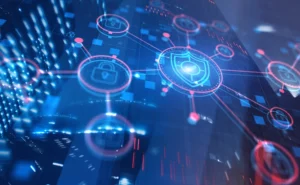
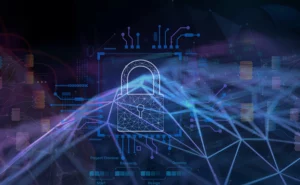
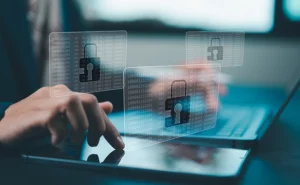

 Facebook
Facebook Linkedin
Linkedin  X
X Youtube
Youtube
